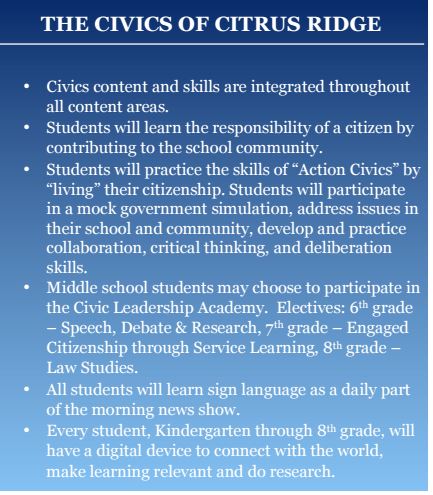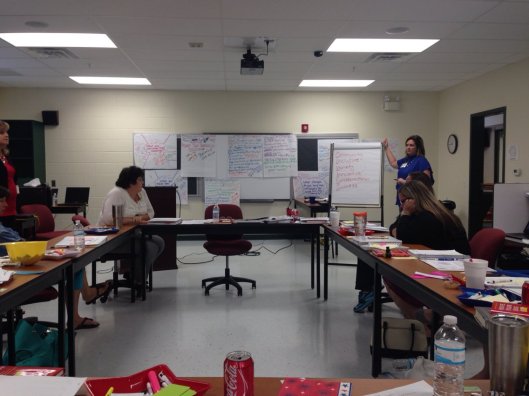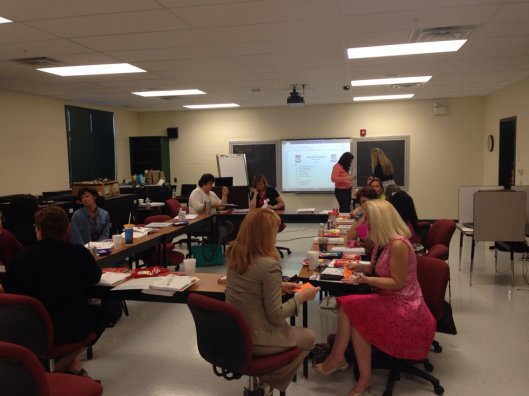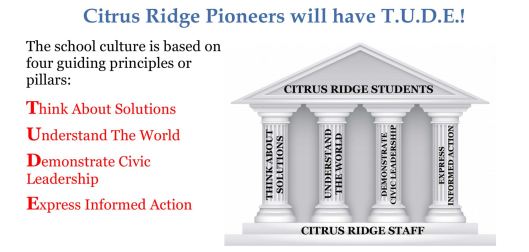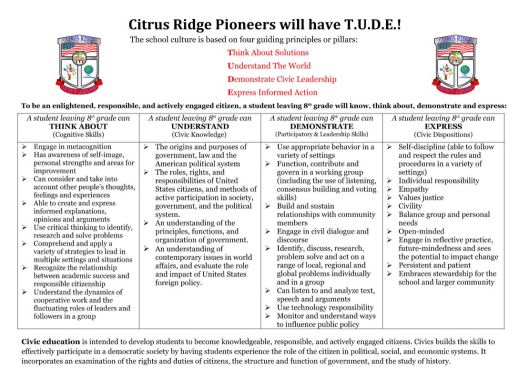One core question of political theory centers around how much trust we should put in humanity. Theorists tend to interpret that question through their own judgements of which types of people ought to trusted, but the fundamental question remains the essentially the same.
Earlier this week, for example, I compared the work of Walter Lippmann – who had a great distrust of “the people” as a mass entity – with the analysis of James C. Scott, who highlights the awful acts elites can execute if given too much power.
Both differ in their specific fears, but they share a similar conviction that humanity is imperfect and fundementally lacks the capacity to engineer a better society.
Scott is particularly concerned with the danger of believing the opposite: it is not just elites who wreak havoc, but elites who are audacious enough to believe that they do have the capacity to engineer a better world.
Lippmann, too, shares this concern in his own way. It is not only that the people are not up to the task of governing, but that our current political failings can be traced directly to the belief that humanity does have this capacity. Until we recognize the public as the “trampling and the roar of the bewildered herd,” until we put the public “in its place,” our system is doomed to failure.
Lippmann’s argument is often contrasted with that of his contemporary, John Dewey. While Lippmann bemoaned the rule of the people, Dewey encouraged it. To Dewey, the problem wasn’t that the people had too much power, but rather that they had too little. The nominal role of citizenship encouraged people to not fully engage in democracy as a way of living, it undermined the who democratic endeavor.
Dewey was certainly aware of humanity’s imperfections, and he agreed with Lippmann on the general prognosis of civil society, but his remedy was entirely different. Rather than penalize the public for poor political acumen, he argued that the flaw lay in the systems and institutions. Give the people a real voice and real agency in their political lives and they will rise to the challenge. If civil institutions educated citizens to live fully; to see themselves as intricately connected to the whole and to engage with others in collaborative imagination and problem-solving, a Great Community would be realized.
He didn’t aim for some perfect, static utopia – impossible to achieve because needs and contexts are always changing – but Dewey imagined a future in which diverse people could work together as equals to continually grow and improve themselves and the world around them.
As Erin McKenna describes of Dewey’s philosophy, faced with current problems and our imperfect system, “we must try to do something. Old ideas often hang on because we have nothing with which to replace them. Here, imagination must fill in and try on new possibilities and critical intelligence must evaluate how well they work.”
The limiting factor, then, isn’t humanity’s fundamental capacity to achieve a vision, but rather a lack of imagination to conceive those visions.
Roberto Unger takes this vision to extremes. In False Necessity, Unger argues: “People treat a plan as realistic when it approximates what already exists and utopian when it departs from current arrangements. Only proposals that are hardly worth fighting for – reformist tinkering – seem practicable.”
He proposes wild and dramatic changes to current political structures, and argues for creating a branch of government solely tasked with uprooting and reforming and institutions which have become complacent.
Unger fully embraces the capacity of humanity. Our current systems are so broken that we must boldly reimagine them, and we shouldn’t let ourselves be held back by concerns about what seems practical or achievable. We must stage a revolution in which every institution as we know it is wholly reformed.
Implicit in this argument is the assumption that we – or whomever stages the revolution – are capable of designing better systems. It is exactly this sort of brazen social engineering which Scott fears.
Lippmann, Dewey, Unger, and Scott cover a range of political views, but their all of their work circles around this question of humanity’s capacity.
If you assume that people are and always will be flawed, that there are serious limits to any person’s capacity to design good social systems, then you might lean towards the work of Lippmann or Scott – building institutions with a humble sense of your own failings and the failings of those who will govern after you. These systems seek to diffuse power, to protect a people from themselves. But in doing so, they may create the very citizenry the designer’s fear – people who are incapable of governing.
If you have a fundamental faith that some people do have the capacity to govern – whether you put this trust in all human beings or only in certain strata of society – then you may find yourself pulled towards the radical revolutions of Unger or the egalitarian optimism of Dewey. These approaches favor systems which are open to change and reformation; governments which truly empower people to shape the world around them. In doing this, though, you build a system that is vulnerable to corruption or poor judgement, in which serious damage can be done at any point in time by empowering the wrong person or persons.



